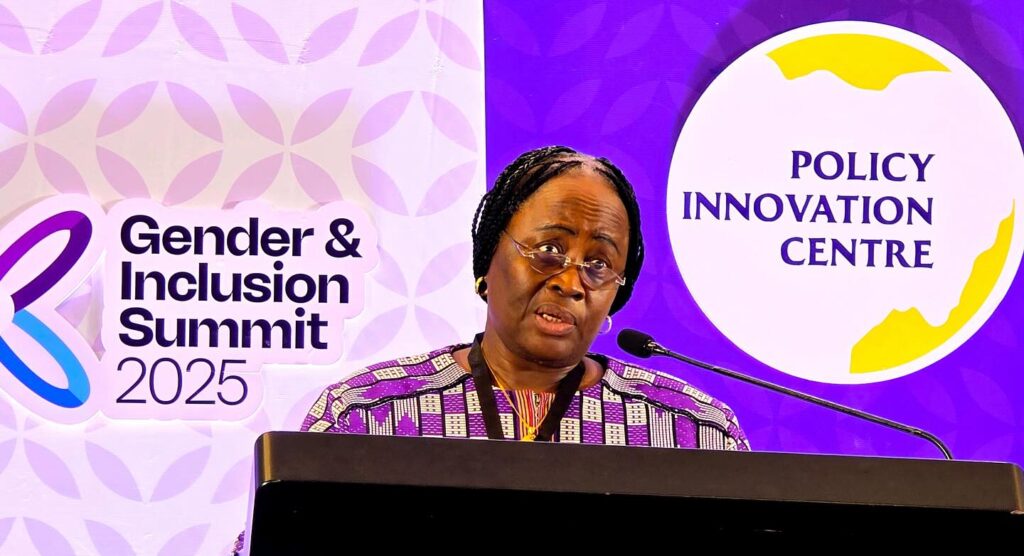The United Nations Women Country Representative to Nigeria and ECOWAS, Beatrice Eyong, has called for sweeping reforms to fast-track gender equality, stressing that investing in women is not charity but a matter of justice and sound economic policy capable of boosting Nigeria’s GDP.
Speaking at the 2025 Gender and Inclusion Summit in Abuja, Eyong reaffirmed UN Women’s commitment to working with government, civil society, and the private sector to expand opportunities for women across critical sectors.
She highlighted UN Women’s achievements, including the successful integration of gender-responsive planning and budgeting into the Federal Budget Call Circular, which has influenced resource allocations across ministries. She also pointed to affirmative procurement policies supported in Kaduna and Lagos States, which have widened access for women-owned businesses in public contracting and promoted women’s participation in peacebuilding.
On peace and security, Eyong underscored UN Women’s role in supporting the National Action Plan and several state-level frameworks designed to safeguard and expand women’s involvement in peace processes.
While acknowledging progress, Eyong stressed that major challenges persist. These include limited funding for gender initiatives due to fiscal pressures, high rates of gender-based violence, underrepresentation of women in leadership, and systemic barriers to credit and investment for women-led enterprises.
To address these gaps, she called for transformative reforms such as:
Reserved seats for women in legislative assemblies,
A private sector–driven Gender-Based Violence Fund,
A national accountability framework to track inclusion commitments,
Recognition of the care economy, valuing unpaid domestic work as part of national development,
A philanthropic fund to support grassroots women’s organisations, and
Blended financing models to expand access to affordable credit for women-owned businesses.
“Gender equality should not be regarded as an act of charity but as an essential component of sound economic policy, national development, and justice,” Eyong emphasized. “Research clearly shows that closing gender gaps could significantly boost Nigeria’s GDP. Investing in women delivers the greatest returns for society.”
The summit also featured contributions from other stakeholders, who echoed calls for inclusive reforms in Africa.
The UN Women Representative’s call reinforces a growing consensus that meaningful reforms are vital if Nigeria is to unlock its full potential through the power of inclusion.
Blessed-Chinatu Orji



